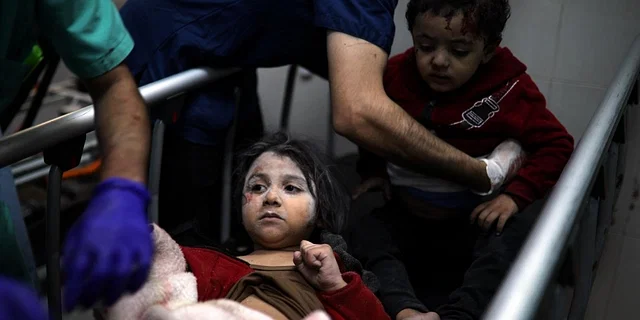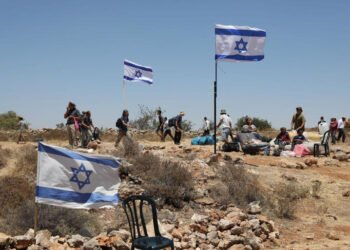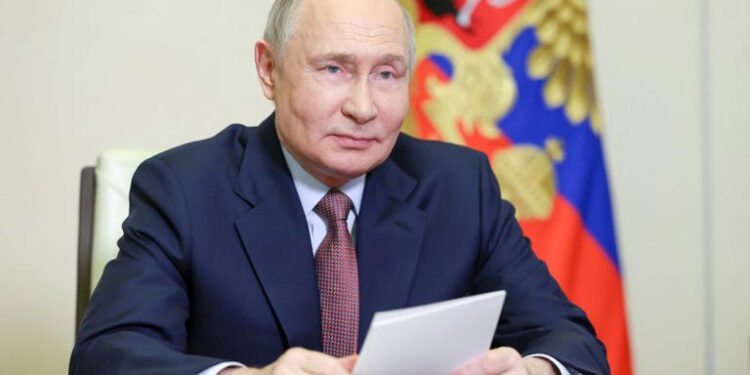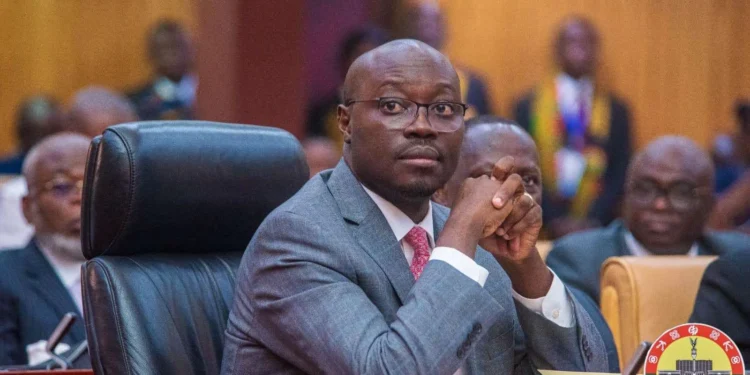Executive Director of the United Nations International Children’s Emergency Fund (UNICEF), Catherine Russell, has called the Gaza Strip “the most dangerous place in the world to be a child.”
Addressing the UN Security Council, Russell said that more than 5,300 Palestinian children have been reportedly killed in Gaza in just 46 days of war.
“That is over 115 a day, every day, for weeks and weeks. Based on these figures, children account for 40% of the deaths in Gaza,” she noted.
“This is unprecedented,” she added.
Russell disclosed that the UN agency has received reports that more than 1,200 Palestinian children remain under the rubble of bombed-out buildings or are otherwise unaccounted for.
Also, Russell noted that children who manage to survive the war, are “likely to see their lives irrevocably altered through repeated exposure to traumatic events.”
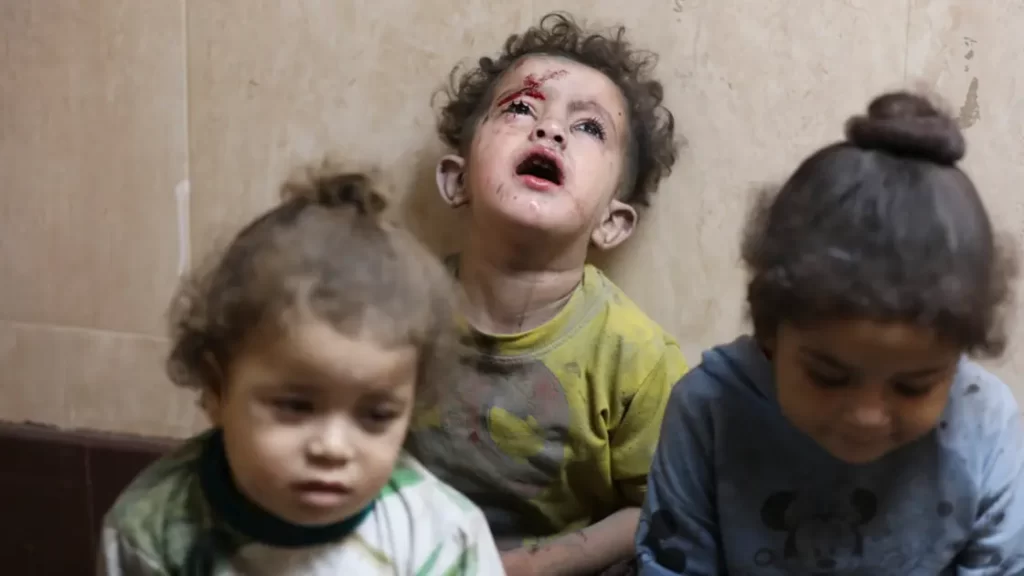
The Head of the United Nations children’s agency said that she was particularly concerned by reports of increasing numbers of displaced children who have been separated from their families as they fled south, or who have arrived unaccompanied to hospitals for medical care.
“These children are especially vulnerable, and they urgently need to be identified, provided with temporary care, and given access to family tracing and reunification services,” she averred.
Russell, who visited southern Gaza last week, revealed that she was “haunted by what I saw and heard” as she met with Palestinian children, families and UNICEF staff on the ground.
She recounted seeing “tiny babies clinging to life in incubators” while visiting the Nasser hospital in Khan Younis, while “doctors worried how they could keep the machines running without fuel.”
The UNICEF Chief noted, “In addition to bombs, rockets, and gunfire, Gaza’s children are at extreme risk from catastrophic living conditions,” adding that “all children inside the territory” were facing “what could soon become a catastrophic nutrition crisis.”
Russell said that water production capacity in Gaza had plummeted to just 5% of its normal output, with families and children relying on three litres or less of water per person per day for drinking, cooking, and hygiene.
Calls For Ceasefire Instead Of Temporary Pauses
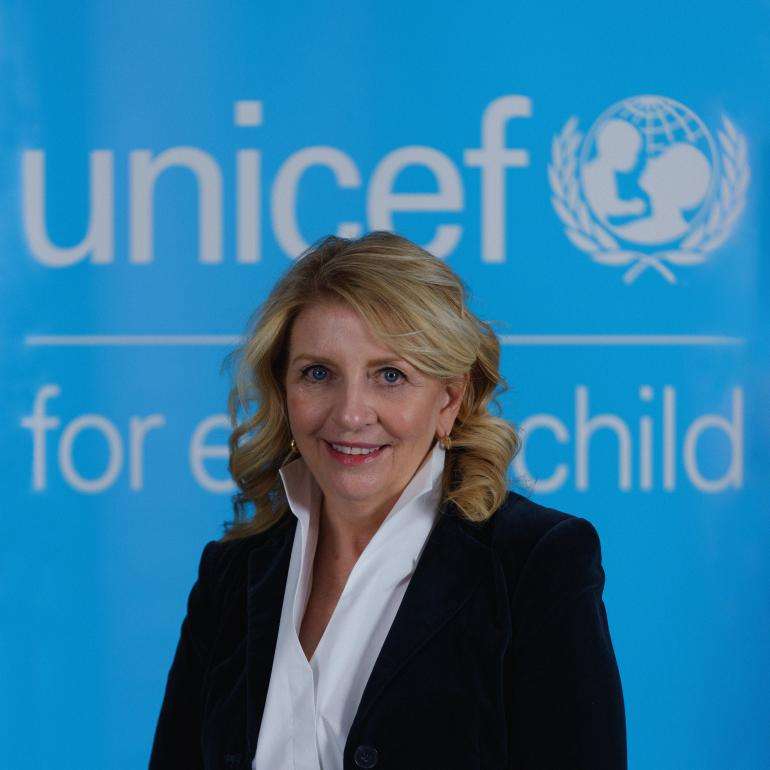
Russell asserted that for children to survive, for humanitarian workers to stay and effectively deliver, humanitarian pauses are “simply not enough.”
“UNICEF is calling for an urgent humanitarian ceasefire to immediately put a stop to this carnage,” she added.
She said she was concerned that further military escalation in the south of Gaza would “exponentially worsen” the humanitarian situation there, and said attacks on the south “must be avoided.”
“The true cost of this latest war in Palestine and Israel will be measured in children’s lives – those lost to the violence and those forever changed by it. Without an end to the fighting and full humanitarian access, the cost will continue to grow exponentially.”
Catherine Russell
Meanwhile, a coalition of aid agencies warned that the four-day ceasefire announced between Israel and Hamas left almost no time to provide effective humanitarian relief to Gaza’s 2.3 million people.
Joel Weiler, Executive Director of medical charity, Médecins du Monde, said “for a medical organisation, four days of pause is…band aid, not health care”, arguing it would be insufficient to time to diagnose and begin treating serious injuries or other medical conditions.
Others complained that there was no sign of other border crossings being reopened during the pause in fighting, leaving aid only able to pass through the crowded Rafah crossing.
Chiara Saccardi, head of Middle East operations with ActionAid, said, “There is a logistic limitation into what can enter through the crossing” at Rafah.
Only a long term ceasefire and security for aid workers could begin to meet some of the people’s urgent needs, she added.
READ ALSO: Temporary Truce; Not A Solution

